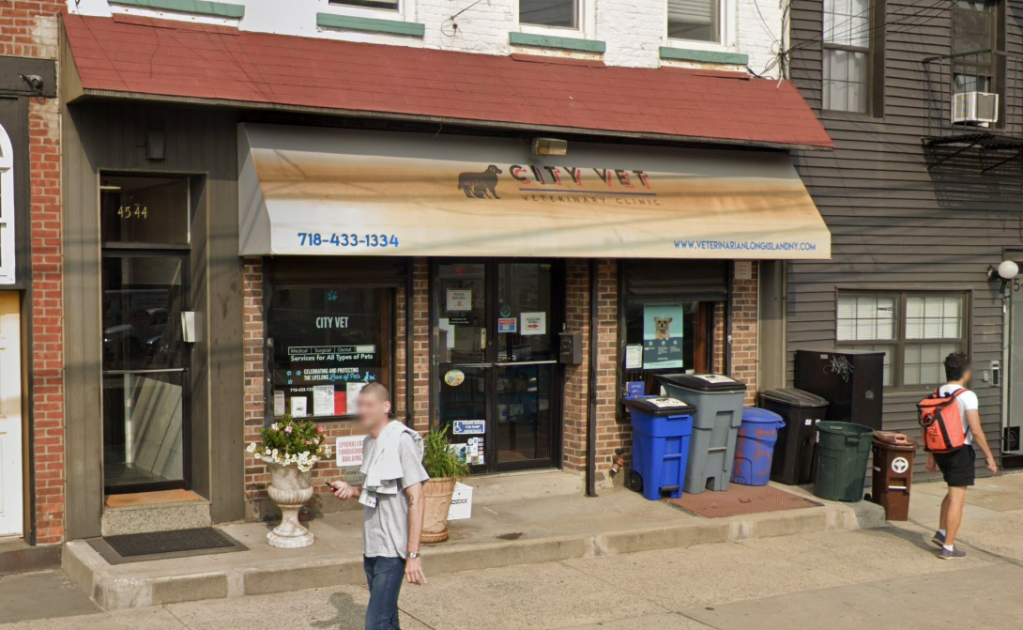A Long Island City garment contractor that repeatedly changed names to evade authorities was busted last week for extensive labor law violations.
Jin Shun Incorporated, operating under the name Garlee NY Inc. since the Department of Labor (DOL) swooped in and “tagged” its merchandise last week, has cheated around 150 workers out of nearly $5 million in minimum wages and overtime compensation over the past six years, the DOL says.
The 47-51 33rd Street factory, which operated under a third name prior to 2005, is owned by Jikai Lin and Zhang Yun Chen and produces women’s garments for a number of major retailers. Macy’s, named in the DOL report as having a connection to Jin Shun, subsequently issued a press release citing an internal investigation that found that none of the company’s goods were produced in the factory; Gap Inc., owners of Gap and Banana Republic, also named by the DOL, has suspended present and future production at Jin Shun; Limited Brands, which owns Victoria’s Secret, said the company has a “zero tolerance” policy for employees, vendors and factories that are unwilling to achieve compliance with all applicable laws and labor standards. Express and The Limited, now independent from Limited Brands, and Coldwater Creek did not return calls by press time.
DOL personnel affixed “unlawfully manufactured” labels to over 10,000 garments in the factory, citing the owners for violations of the state’s minimum wage and overtime laws, falsification of employee time records, and coercing employees into lying to DOL inspectors. Under law, only the DOL and consumers are allowed to remove such labels.
DOL spokesperson Leo Rosales said an investigation of Jin Shun began in November of 2007 after a worker notified the DOL about conditions at the factory. The factory had been investigated before, but the DOL began visiting the premises during the evening and on weekends. Soon, another worker came forward and the DOL obtained a copy of a “cheat sheet” distributed to Jin Shun employees, instructing them how to answer DOL investigators’ questions.
The pamphlet, written in English and Chinese, paints a picture of a fair, even friendly, work environment where pay is above minimum wage, lunch breaks last an hour, every penny earned is reported for income tax and the boss is caring and compassionate.
The Jin Shun “cheat sheet” is essentially a script personifying the American Dream, yet the factory’s largely immigrant workforce - legal or not, Rosales did not know, and it is not his agency’s duty to ask, he said - was made to work weekends “off the clock,” toiled for 12-hour days six to seven days a week and was paid on a piece-rate basis.
“This is a very big case and something we’re going to try to curb with the aggressive enforcement we have in the state,” Rosales said.
Rosales emphasized that Jin Shun not only attempted to deceive investigators, but also lied to manufacturers and retailers who relied on the contractor to stock store shelves. However, Rosales added that big name merchants are also culpable.
“Our message is that the retailers need to do a better job of monitoring their manufacturers, monitoring their contractors,” he said.
Bruce Raynor, General President of UNITE HERE, the textile, industrial and hospitality labor union, agrees that major apparel brands should be held accountable.
The retailers who purchased from Jin Shun “all have social responsibility systems that have failed to detect this major sweatshop operation,” Raynor said. He went on to challenge the apparel industry to recognize that the relentless pressure retailers place on contractors for low prices prompts labor violations like those uncovered in Long Island City.
In her announcement of the fraud at Jin Shun, state Labor Commissioner Patricia Smith had a message for retailers: “…While you may require your suppliers to abide by strict codes of conduct, these codes do workers no good if they are not aggressively enforced.”
Rosales said he did not believe that retailers were aware of the injustices at Jin Shun.
According to the DOL, investigators returned to Jin Shun for two days after its merchandise had been “tagged” but the factory was not open. In most cases, a DOL spokesperson said, employers will acknowledge the underpayments and want to correct the situation. However, employers can also petition the Industrial Board of Appeals. If the appeal is unsuccessful an employer faces civil penalties and is required to repay employees in lost wages plus interest.
The Jin Shun case has been referred to the Queens District Attorney, the DOL said.



































